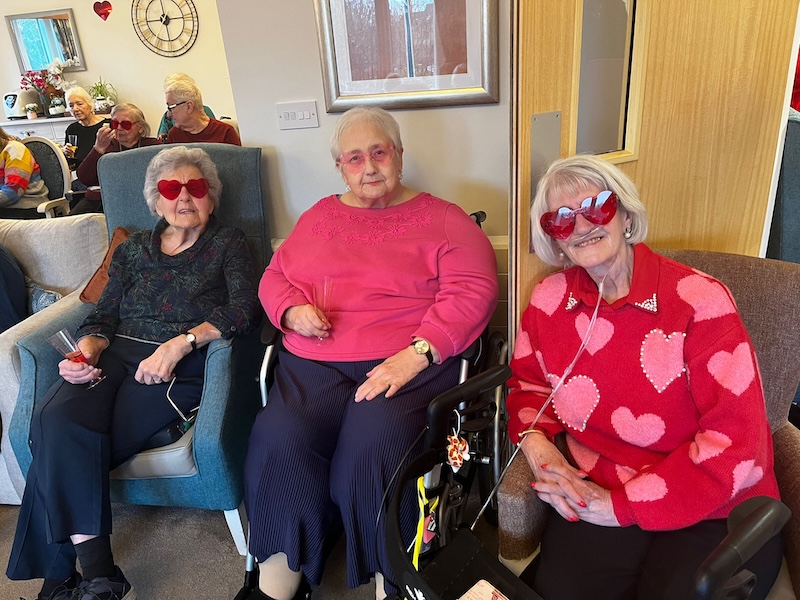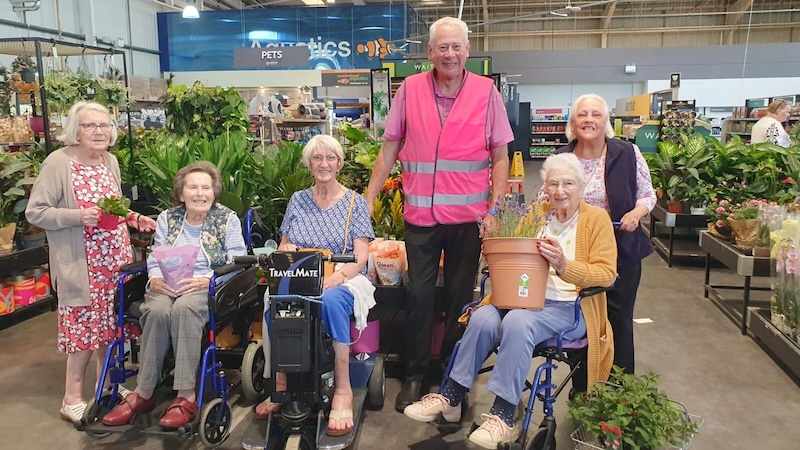How to Keep Care Home Residents Stimulated in the New Year
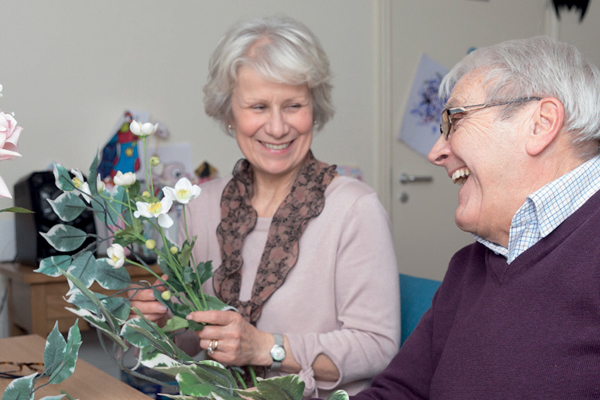
For many, January can be a difficult month to battle through. At this time of the year, realising the high-spirited Christmas period is over, returning to work, low temperatures and fewer hours of sunshine are all contributing factors to experiencing what is commonly known as the ‘January Blues’.
According to Cynet Health, “typically, January Blues manifests itself as feelings of low mood, sadness, lack of motivation, tiredness and low energy. It is also the peak season for Seasonal Affective Disorder (SAD), which can induce serious depressive episodes during the darker months.”
Whilst depression and Seasonal Affective Disorder can affect us at any age, there are circumstances that may make older adults more vulnerable; poor health, loneliness, social isolation and bereavement for example, are more likely to be experienced by the elderly.
We have put together our top 5 tips to help beat the January blues and how to keep care home residents stimulated in the New Year and enjoy a happy and healthy winter.
Top 5 Tips to Help Beat January Blues
1. Keep Active
Taking regular walks in the surrounding area and local community is a great way to spend a cold, sunny day. When wrapped up warm and wearing appropriate clothing, the elderly can enjoy a leisurely stroll under the winter sun and soak up Vitamin D. The Vitamin D from natural light can help to improve mood and sunlight is one of the most effective remedies for winter depression. Going outside has been shown to improve the body’s circadian rhythm, boost serotonin levels and release endorphins.
For those with limited mobility, chair-based movement is also of great benefit. Chair-based exercises for example, are a great way to move the body even when sitting. The NHS have an easy-to-follow exercise video to help.
When residing in a care home, residents will be encouraged to go outside as regularly as possible. Staff will ensure residents' safety and warmth are a priority and provide comprehensive care, freeing residents to focus on the wonderful benefits that a winter walk can bring.
As part of the Activities Programme, Care Homes will also encourage residents to stay active through a range of various activities such as yoga, seated exercises, ball games and so on.
2. A Balanced Diet
Eating a balanced diet, coupled with regular water and fluid intake is an important factor in helping older people stay warm. Good nutrition provides the body with energy and all it needs to keep blood flowing and raise the body temperature. Age UK gives great further advice about healthy eating.
A balanced diet is essential for older adults and is a natural way to boost mood and energy.
Most all-inclusive care homes have an in-house chef and kitchen team who prepare and serve all food enjoyed by residents. Care homes will ensure all menus will have considered allergies, cultural requirements, and dietary needs, ensuring each meal is suitable for all.
Mealtimes within care homes are also a wonderful way to socialise. As well as providing residents with the opportunity to take part in national events and holidays, such as Valentine’s Day, Easter and Bonfire Night, residents are able to enjoy each mealtime by dining with others.
3. Stay Social
Care homes offer companionship which helps combat loneliness, especially after spending Christmas surrounded by lots of people, family and loved ones.
An all-inclusive care home typically staffs an Activities Coordinator who is responsible for creating fun, engaging and motivating activities, events and social gatherings in which residents are welcome to partake.
Friends, family and loved ones are encouraged and welcome to join in with as many of these events as possible. Most care homes usually also offer facilities such as private dining rooms and cafe ares where loved ones can sit alongside residents and enjoy quality time together; special occasions and celebrations can continue to be shared and memories made. For times when loved ones are unable to visit the home, residents will be able to contact friends and family via telephone and video calls, helping keep people connected.
4. Enjoy Activities & Games
Stimulating activities and games can improve a resident's quality of life. Having a variety of accessible activities to regularly take part in can have positive effects on the brain, including improved mental activity, reasoning abilities, and memory. Activities can include puzzle solving, dancing, board games, reading, and practising a musical instrument. Regular participation can also improve the emotional health outcomes of residents.
An exciting activities programme gives residents things to look forward to such as entertainers visiting the home, craft sessions and learning new things. Care home Activity Coordinators provide residents with multiple opportunities on a weekly basis to participate in a variety of engaging activities. From shopping trips to the local village and garden centre, to Sunday sing-alongs, activities and events are catered to the varying interests and abilities of residents.
5. Boost Supplements
As we know, our body makes most of our vitamin D in reaction to sunlight on our skin. However, those aged 65 and over are at risk of not getting enough vitamin D, especially during the winter months and sun exposure is limited. Age UK says ‘it can be difficult in the UK to meet our vitamin D needs through sunlight and diet alone. For this reason, it's recommended that over-65s take a supplement of vitamin D of 10 micrograms per day.’
Vitamin D can also be found in a small number of foods including oily fish, eggs, margarine, yoghurt and fortified breakfast cereals. Care homes will ensure their menus include foods that are nutritional and beneficial to residents' health.
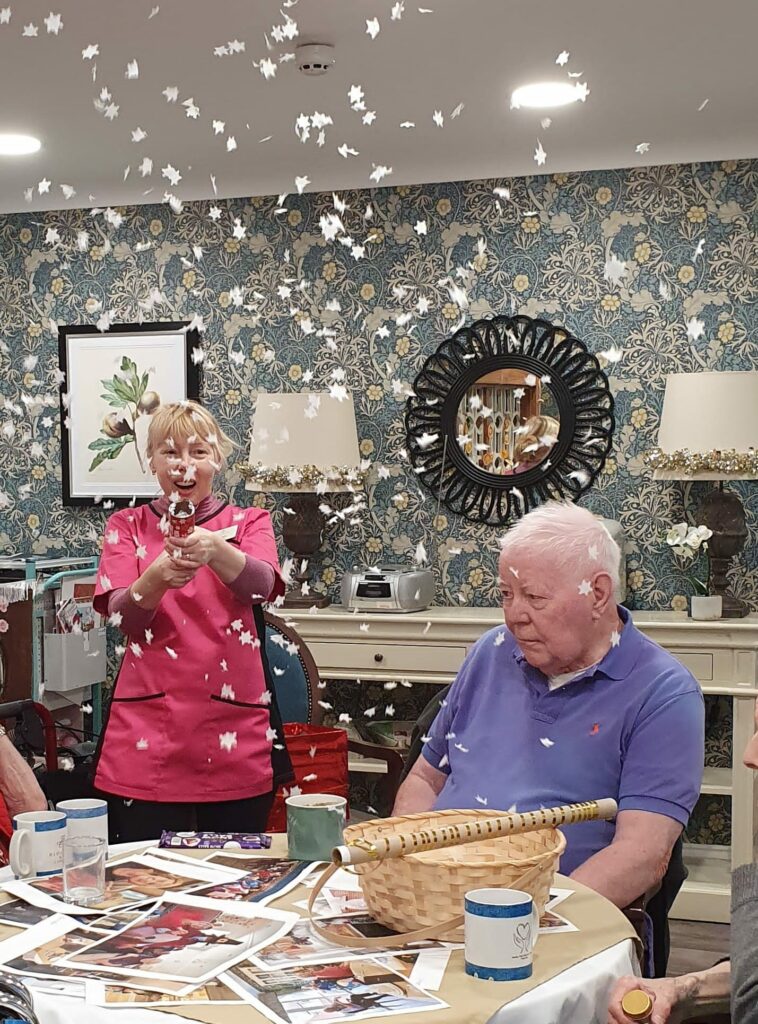
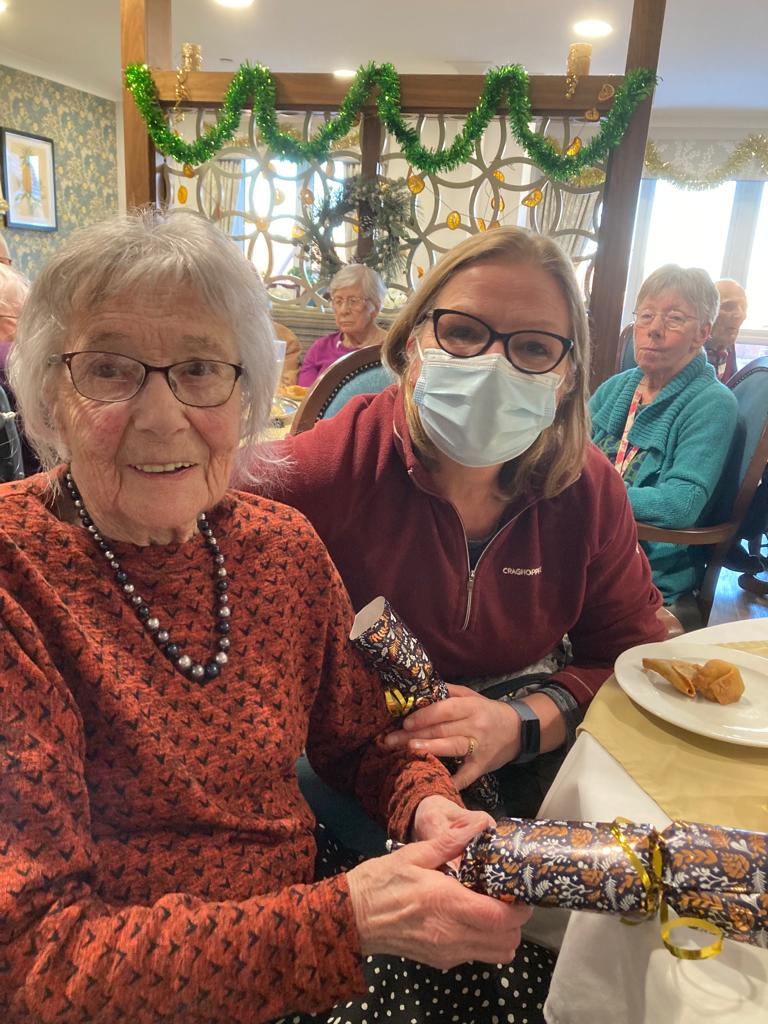
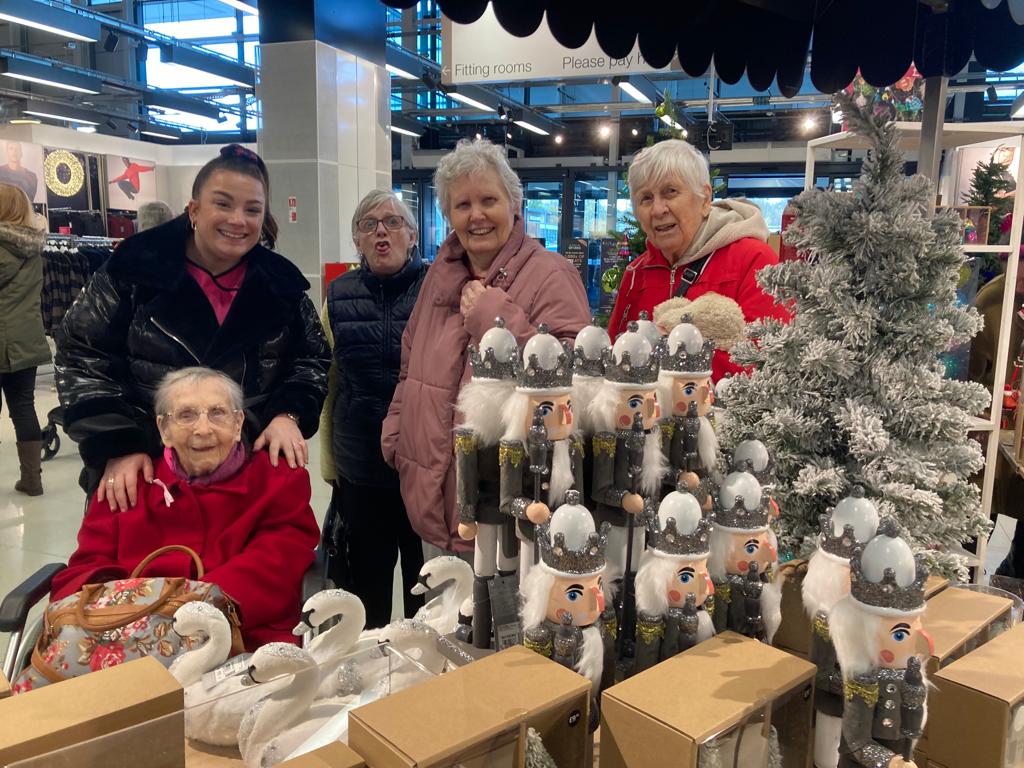
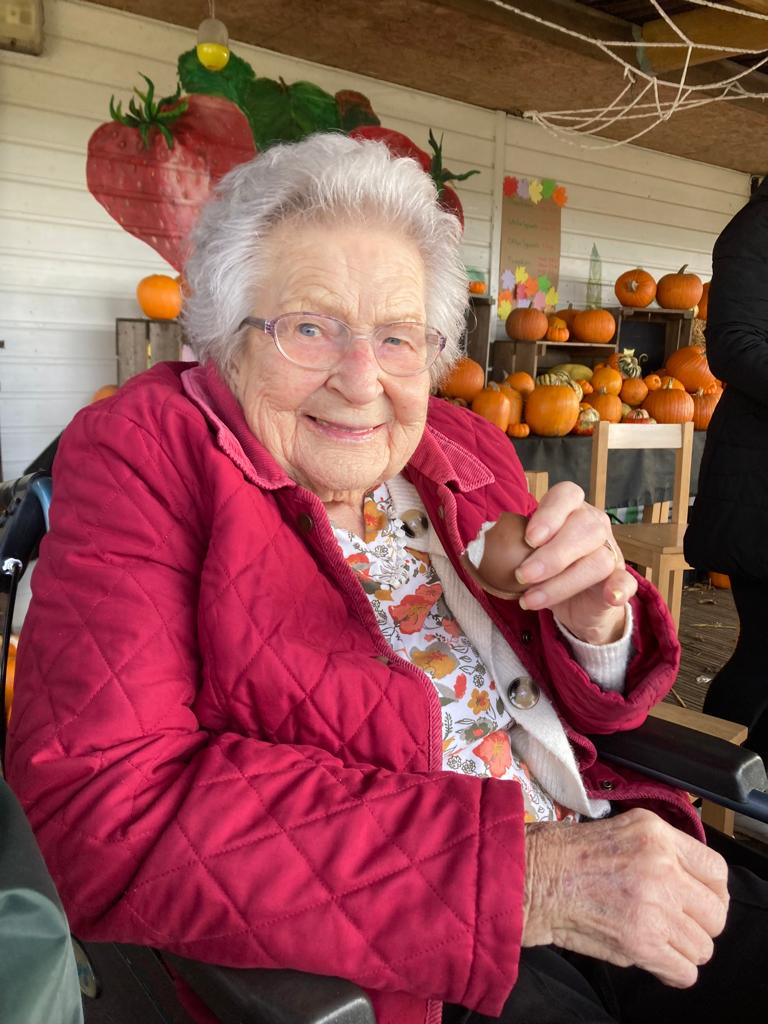
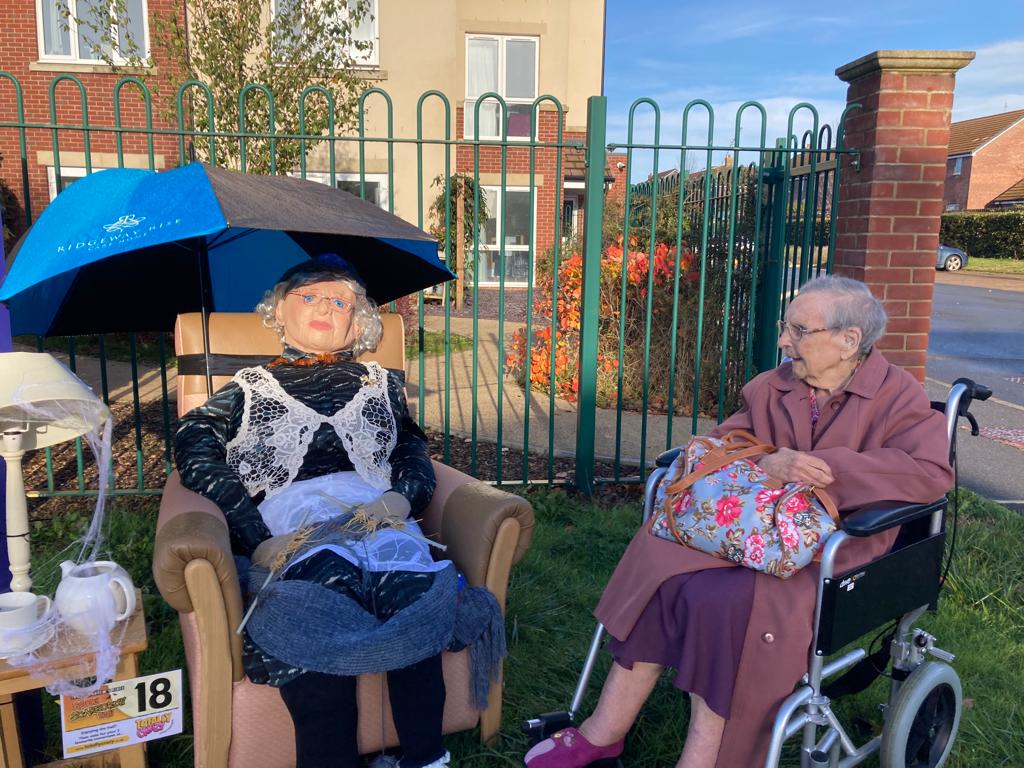
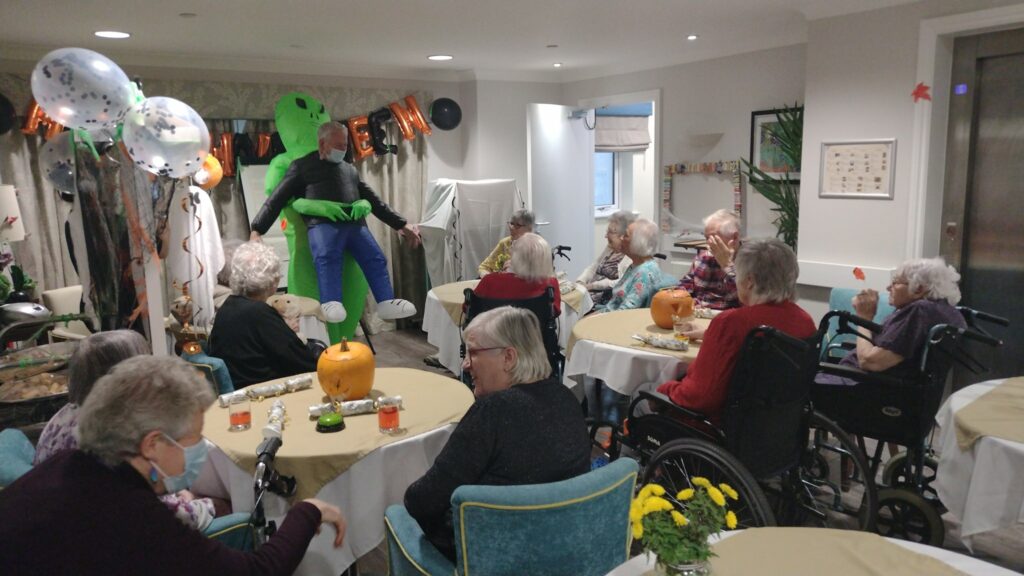
Additional Support
All-inclusive care homes such as Ridgeway Rise Care Home are equipped to provide comprehensive care to its residents. We are able to care for each individual as a whole, supporting their wellbeing, medical, mental, physical and emotional needs. Not only do we provide a safe, warm and welcoming place to stay during the winter months, but we also provide social opportunities that combat loneliness, reduce stress and anxiety, and help residents keep active, even in the bleaker more challenging months.
Most people feel the grey cloud of January blues, peaking around ‘Blue Monday’, but the most important thing is to talk to somebody and know that people are around to help and offer support.
- Age UK Advice: 0800 169 65 65 / www.ageuk.org.uk
- The National Careline: 0800 0699 784
- GOV.UK / www.gov.uk
- NHS Website / www.nhs.uk
Our friendly team is also on hand to provide expert advice to help everyone battle the winter blues; we welcome you to get in touch today to speak to a member of staff if you are concerned about a loved one’s health, or would like to learn more about life in a care home.
